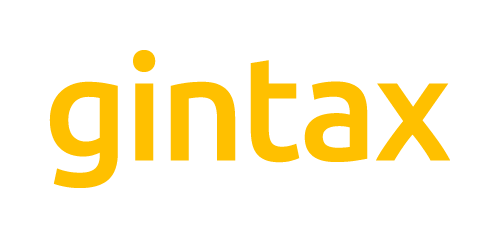Some insights on topics dealt with recently for clients…
These posts provide more detail and commentary on various Irish tax matters for business and individuals. There is no ‘one size fits all’ answer in tax and you can only achieve a tailored simple answer by consideration of specific client facts.
CGT Retirement Relief - summary of new changes with techncial detail on aggregation rules and interaction with Entrepreneur Relief, including overview anti avoidance provisions
New changes - most significant is the categorisation of tax reliefs from 20 - 50%. In accordance with new EU regulations.
A headline overview of the EIIS regime in Ireland - tax relief for investors in SME companies; startups and more established entities
Tax impacts on transfer of property; Irish CGT, gift & inheritance tax and stamp duty
A short overview of the area to include key reliefs and compliance obligations
An outline of how to determine whether share dealing is a trade or investment for Irish tax purposes. This is a crucial classification and there can be a significant difference in level of Irish tax
What this means for clients holding US ETFs - particularly relevant for non domiciled individuals
Finance Bill - the EII changes; more detail on Budget Day measures and some other changes to the regime
Overview of EIIS scheme for Irish investors - up to 40% refund for investments in qualifying high risk companies. This outlines the key conditions and mechanics of the claim
The basics for Founders - an overview of the current EIIS landscape & how to explore entitlements. Including a walk through of the EIIS process for companies. EIIS is a bit unwieldy but if marketing a round to Irish individual investors, eligibility here should be explored
Foreign funds can be complex. If this is not for you, then a regulated Irish fund may be the answer - the Irish tax compliance should be taken care of by the Fund itself, this needs to be checked
Most employers are familiar with the €500 small benefit exemption but for 2020, there are now two further ways of rewarding staff efficiently. This article provides an outline, with a word of caution on gifts.
An ever more popular topic in this era of low interest rates. Here is a list of some interesting enough tax points for client share investments. Relevant for Irish tax resident individuals and skips the basics
In Ireland, tax applies to gifts or inheritances at a rate of 33% on the value received by the beneficiary. This can apply widely and even non-Irish individuals moving to Ireland could be in scope. However, this tax can be planned for and in some cases, the liability can be minimized or may not even arise at all.
Earn-outs are a common feature of M&A transactions and can play a large part in deal negotiations. This is especially important for the vendor because the Irish tax analysis may not always be they would initially expect. Indeed, when it comes down to it, there may be other options which better suit the deal objectives for both parties.
Outside of pensions, private companies are increasingly used to manage Irish personal wealth. This is perceived as tax efficient, but it really depends – it certainly requires a minimum level of investment and may not be suitable for all deals.
Funding tax on inheritances can often cause problems for the beneficiary. Solutions may be available and these all should be considered well in advance
Employee share ownership plans suit very few private Irish business. For those businesses, the targeted KEEP tax incentive can be a valuable relief. There are other options here too - but sometimes it can be better to just keep the plan simple
An investment in a fund has many advantages such as convenience and diversification. However, the Irish tax regime here can result in inefficiencies, which at least would need to be understood before any investment decision is made.
GENERAL CAVEAT
These articles provide a general overview. They are based on current Irish tax law and are not intended to be either exhaustive or definitive. Specific tax advice should be sought in all circumstances. These should not be an individualized recommendation or for that matter tax advice.
OTHER INFORMATION
There is a lot of information online summarizing Irish tax matters and the general rules. If you need an overview, then the Irish Revenue have summary outlines which can be a good best place to start. More specific Irish Revenue insights are available on their Manuals site. Most large Irish legal and accountancy firms have comprehensive tax guides which also can be a useful resource.




















